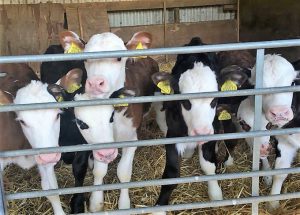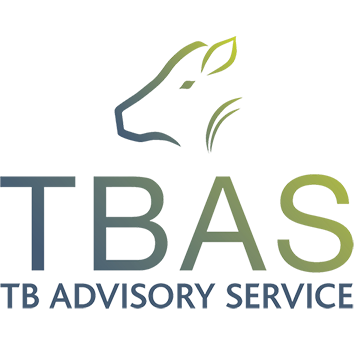TB testing has and always will be a priority for DEFRA as it is essential not only for domestic TB disease control but also our TB free status is critical for international trade. We are starting to see TB incidence in parts of England declining this is really encouraging and is a credit to all the farmers and vets engaging in all parts of TB policy. We do not want to jeopardise this by suspending TB testing, which was done during the Foot and Mouth outbreak in 2001.
APHA have been very clear that TB testing should be carried out as normal, where it is safe to do so whilst maintaining social distancing. They have however been very firm in their communications that human health comes first.
APHA have had to make many changes to TB testing policy in response to the coronavirus pandemic. One of the first amendments introduced was to allow tests to go overdue without incurring deductions from their Basic Payment Scheme (BPS) or reactor compensation penalties, if TB tests could not be completed due to farmers and vets complying with Coronavirus rules. This will however mean their TB free status is suspended and the farm placed under movement restrictions. In normal circumstances movements from a TB restricted farm would not be allowed until the farm had completed a full check test (for movements to slaughter) or the first short interval test (for movements on to the holding). Another policy amendment has been to allow these farms to apply for licences to move cattle off to slaughter or to an Approved Finishing Unit (AFU) and if needed move cattle on.
If farmers or vets are self-isolating, have issues with staffing due to coronavirus or need to make changes to allow testing to be done safely (respecting the 2 metre social distancing) they can apply for the test window to be extended: 2 months for a 3 month test window (such as your normal routine or whole herd test) and 1 month for a 2 month testing window (such as short interval or breakdown testing). We would advise booking your TB test in as soon as your window opens so if you, or your vet can’t carry out the test due to coronavirus issues, they have time to rebook within your testing dates.
It soon became very clear that on a lot of farms it was impossible to test calves whilst maintaining social distancing and this was putting farmers’ and vets’ own health at risk. Many bodies such as the British Cattle Veterinary Association (BCVA) and the National Farmers Union (NFU) were involved in discussions with APHA on how to deal with this. APHA were aware that tests were not even being started as the calves could not be tested and the farm would be put under movement restrictions. APHA vets looked at the epidemiology and the risk of not testing calves compared to not testing the rest of the (adult) herd, was one the Government was prepared to take.

In summary, all tests should be completed where it is safe to do so whilst maintaining social distancing. IF, and only if, it is not safe to do so on officially TB free herds, groups of youngstock under 180 days of age can be left untested and the farm will not be placed under movement restriction for failing to complete the TB test.. If reactors are identified, the short interval test will be scheduled 60 days after the last reactor has left the farm, there is no requirement to go back and test the calves under 180 days to complete the disclosing test.
However, if calves are to be moved off a farm and pre-movement testing would normally be required then calves under 180 days are not exempt. Similarly post movement testing for calves under 180 days moving from annual (or more frequently) testing areas into the Low Risk Counties are also not exempt.
Inconclusive reactors and tracer tests for cattle under 180 days are also not exempt, nor is stock under 180 days of age on herds shut down with TB. If these cattle under 180 days of age can’t be tested whilst maintaining social distancing then the vet must record a part test.
The Government has also announced that the move to 6 monthly testing in parts of the High Risk Counties of Shropshire and Staffordshire due to commence in April 2020 will be delayed till further notice.
Your farm vets are striving to complete all tests where possible but will understand the concerns you have about human health and safety. Please discuss your worries with your vet practice and they can help you make the best decisions for your safety (and your business) and that of their teams, or you can always contact us at the TB advisory service for further advice.
All the rules above are correct as of the 13th May 2020 and are subject to change as the coronavirus situation changes.

